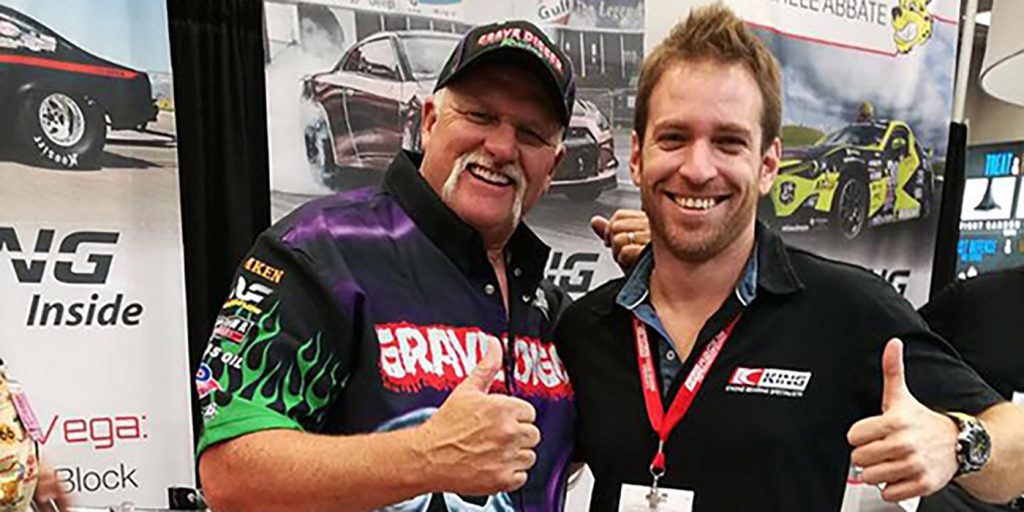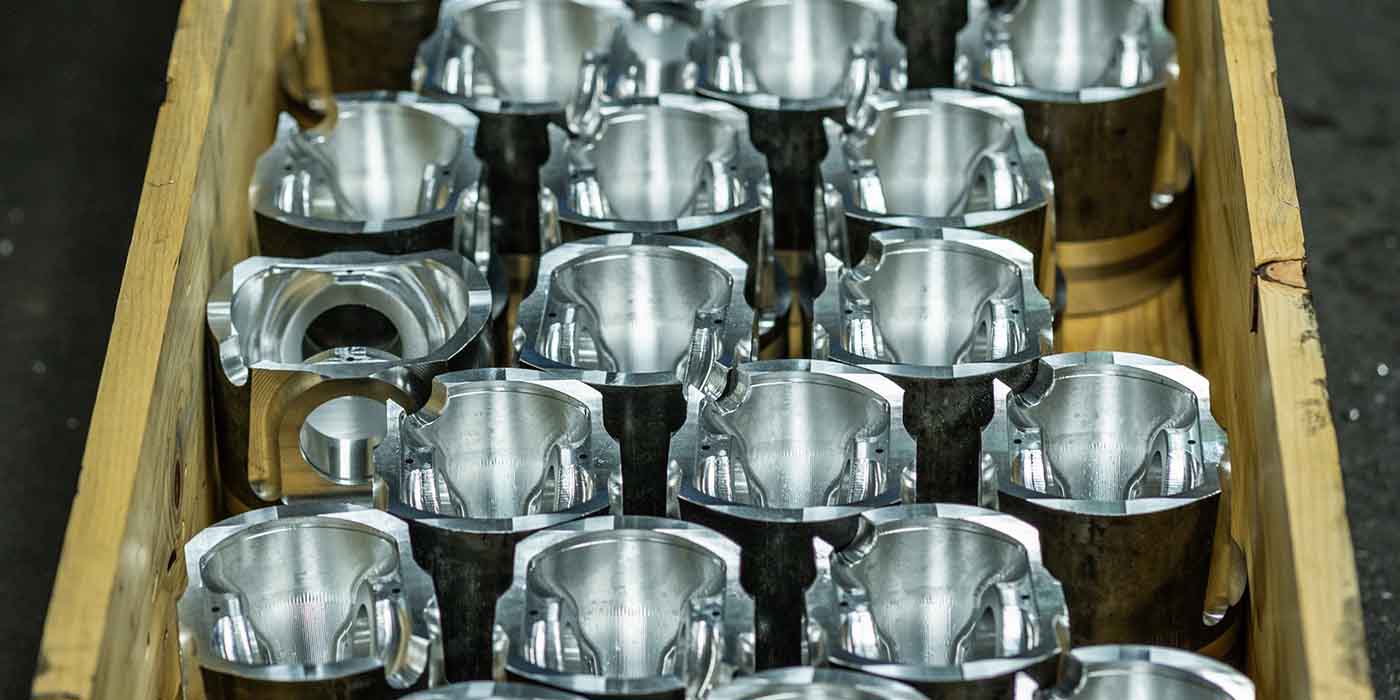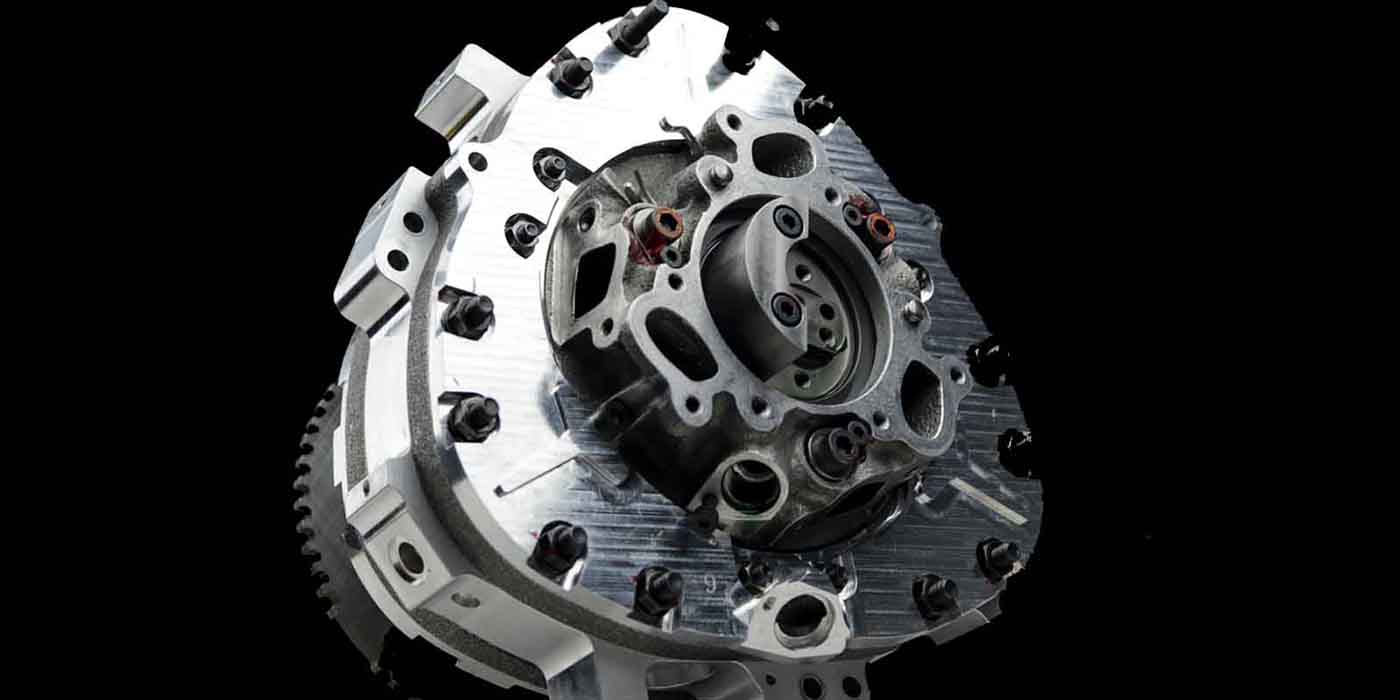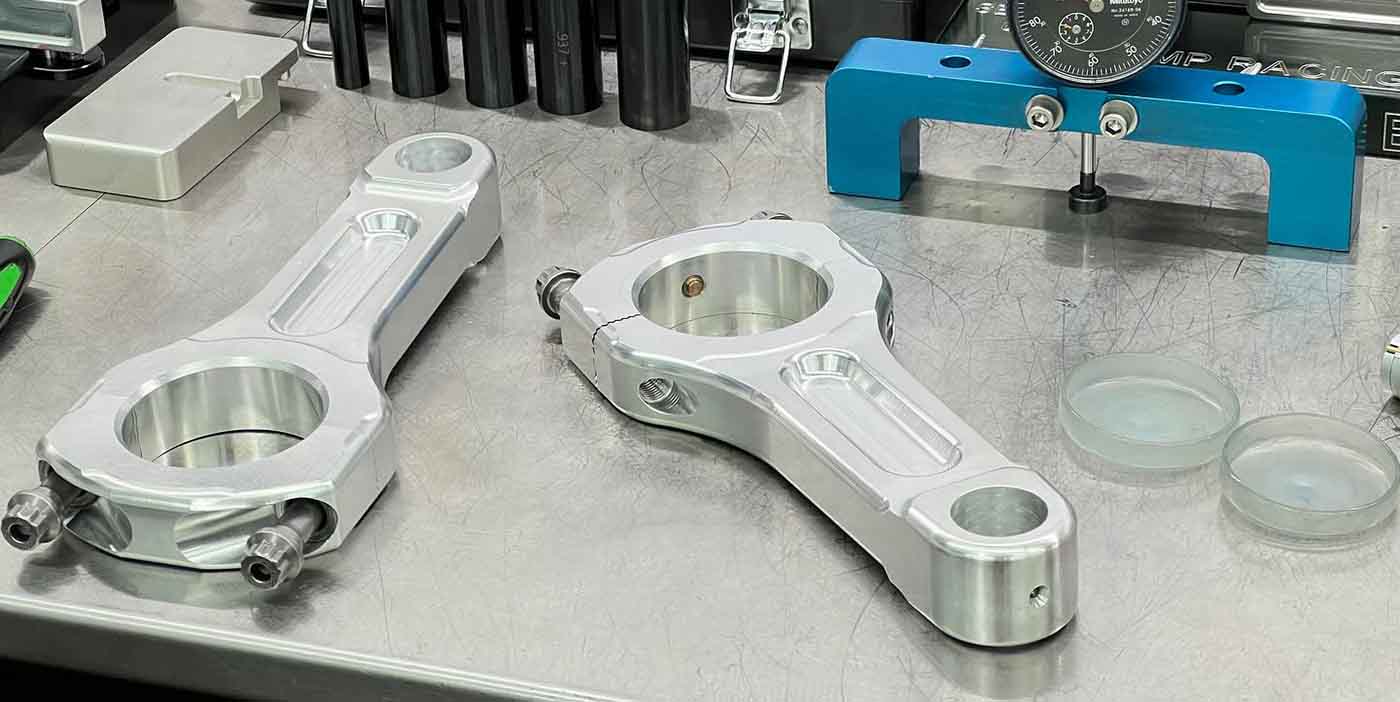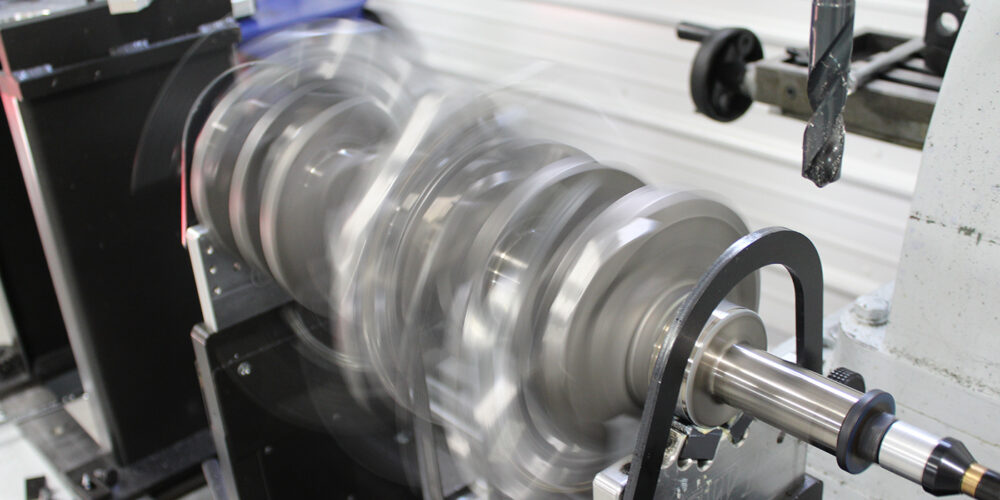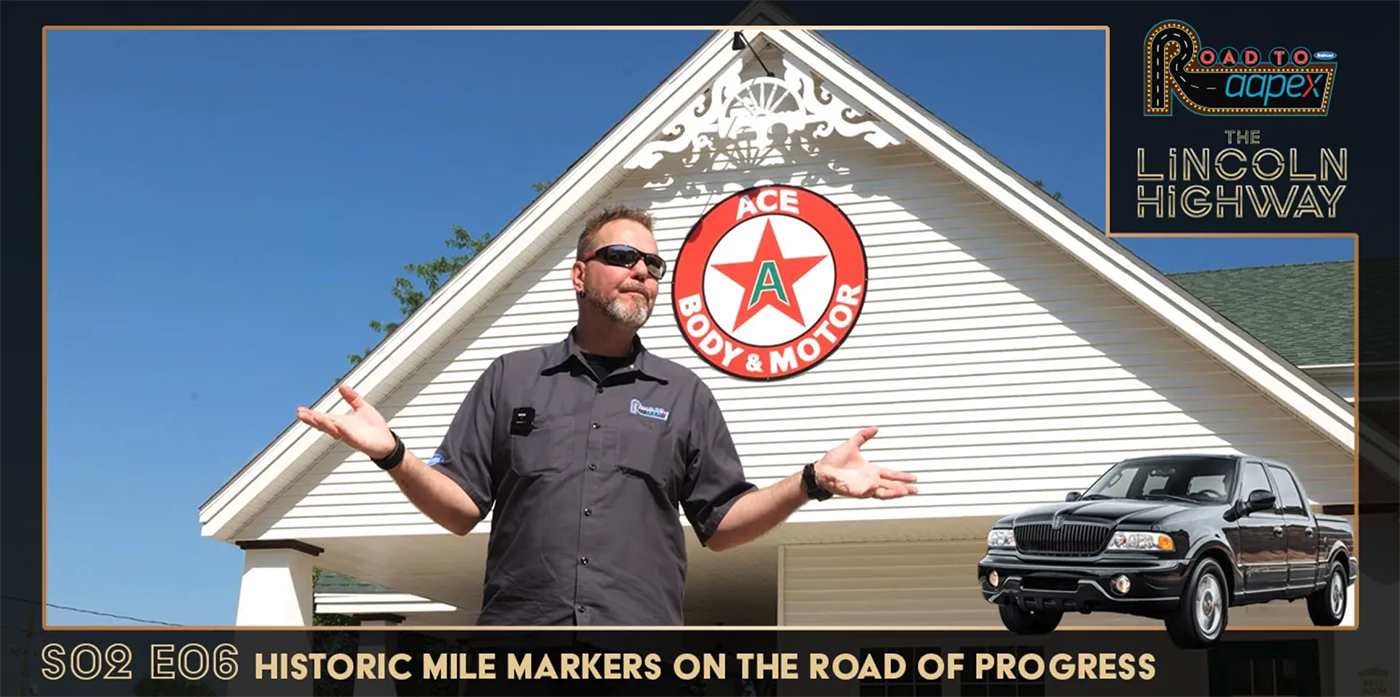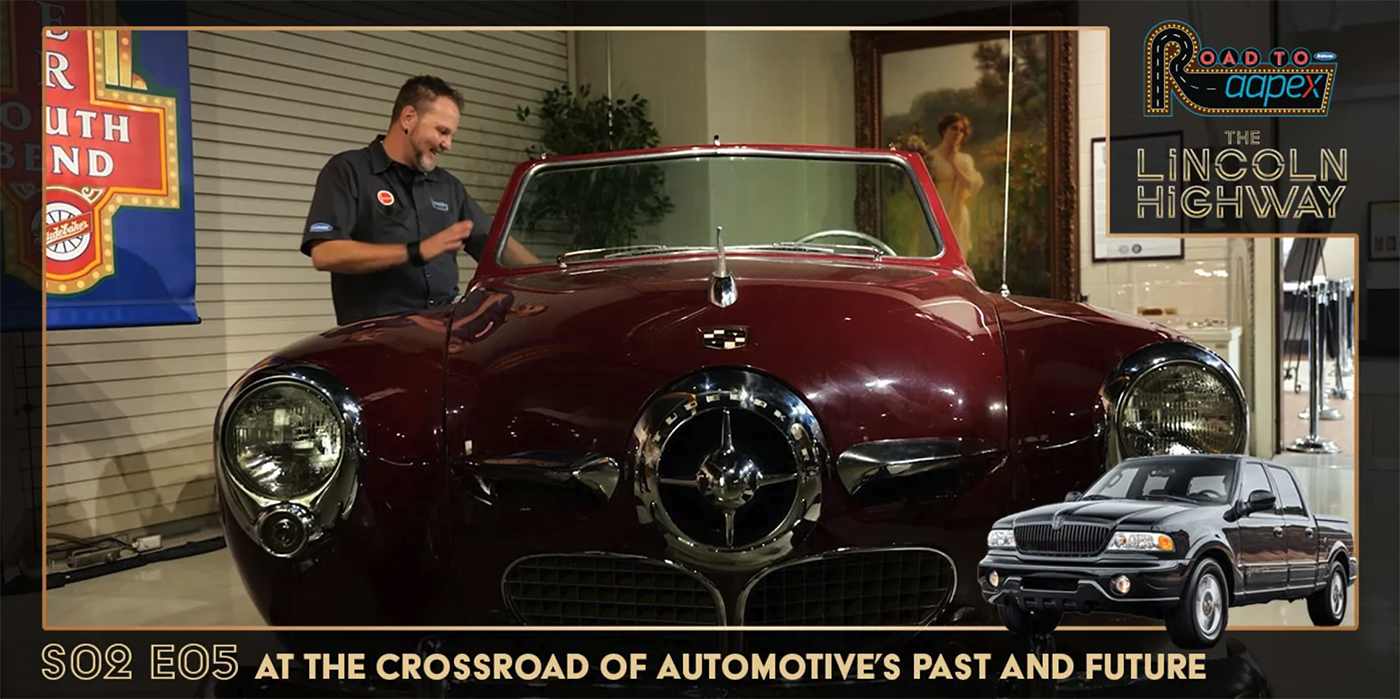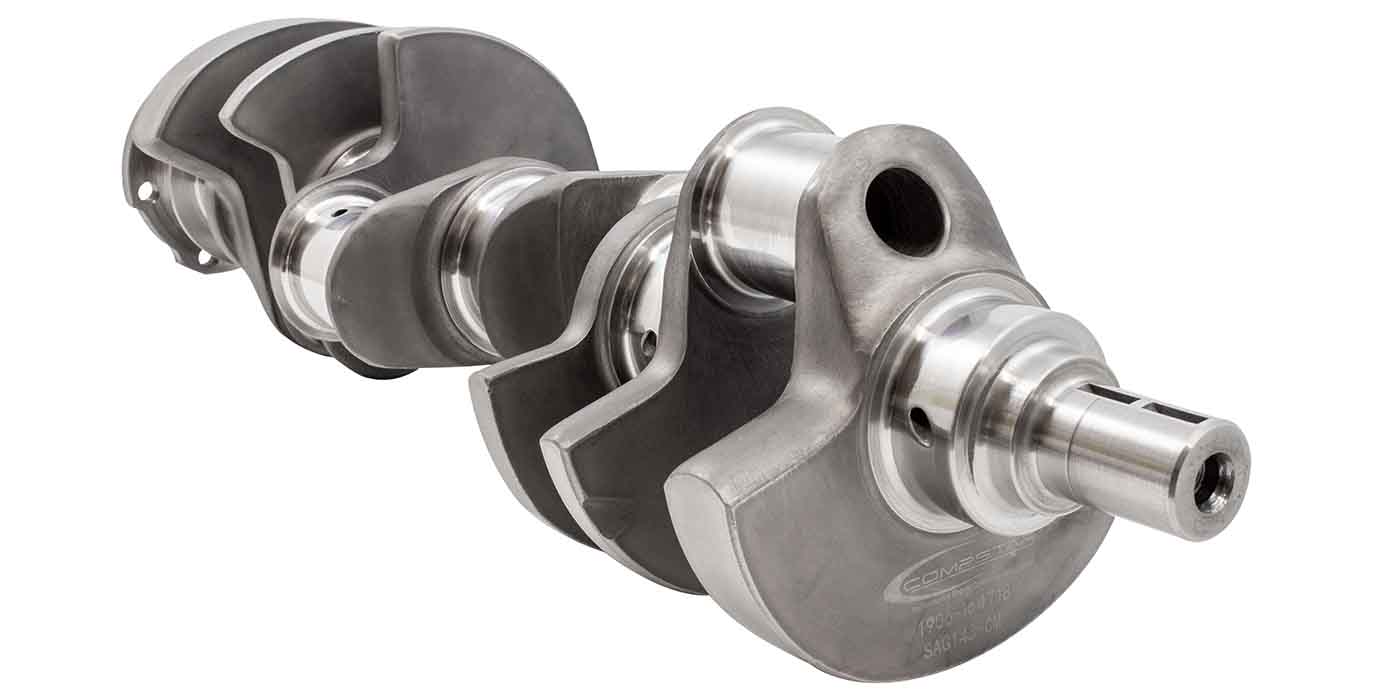Q: How has King Engine Bearings reacted to COVID-19? Has the pandemic impacted the company in any way? Is it still impacted, or has it normalized now?
A: For 60 years now, King Engine Bearings has had production sites in Israel, and more recently in Serbia, on top of our U.S. and Turkey sales branches. In each country, we had to make adjustments following the local law and restrictions. I am glad to say that we were able to keep both factories working 24 hours a day, five days a week the whole time. We took many precautions; not mixing shifts, wearing masks and gloves, keeping six feet between employees, and moved some employees to work from home.
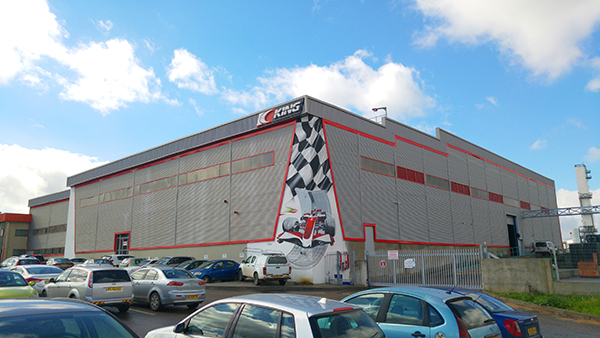
Two of our biggest challenges were the uncertainty in the market and shipping costs. The first challenge, we experienced it more intensively in Europe than in the rest of the world. In Europe, it directly led to business closures, shut downs, clients not being able to work, and no new orders. We experienced a slowdown in demand and decided to keep the production team working at full power to build stock and get ready for when the market bounces back.
The second challenge was the global shutdown of transportation lines, which made it difficult to send and receive product and source materials, especially by air. We moved immediately to sea shipments every week to continue supplying goods to the U.S. market.
Q: We understand you are a third-generation owner of King. What was your path to becoming CEO? What are major initiatives you’re focused on?
A: I grew up in King. I have been here my entire life. I remember running around the factory as a child, doing basic tasks on the production floor like packing and cleaning. As a teenager, I worked at the factory on school vacations as a machine operator.
After serving in the Israeli Army as a combat soldier, I joined King in a full-time job as a team leader on the production floor. Throughout my 20s, I was involved in leading several projects – acquisition and integration of new production lines and technology, ERP and data automation projects, streamlining projects, etc.
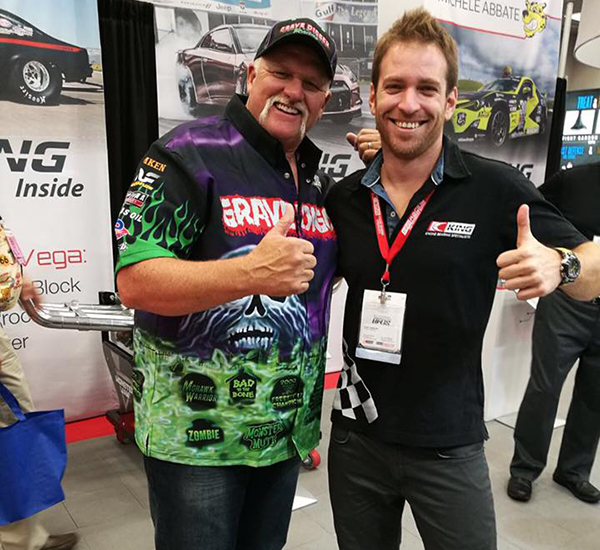
In 2008, when the economic crisis hit the world, I became the sales manager of the sales unit in Israel and later on I became the VP of sales & marketing of King and its subsidiaries. In 2018, I became King’s CEO.
Each generation of my family made their footprint at King. My grandfather, Shmuel Zaslavsky, who is still working in King at the age of 94, is the founder of the company who chose engine bearings as our main product. My father, Gideon Zaslavsky, an engineer to his bones, made King a fully automated factory with advanced production lines he designed and produced himself.
As for me, I think my main contribution is turning King from a “one man show” organization to an advanced organization led by a team of professionals. I stocked the management team with people who can take King to the next level in every aspect. This performance-driven approach enabled us to deal with a larger scale of business activity.
In the U.S. for instance, we have recently made some adjustments to better serve the local market needs. We moved to a bigger warehouse and streamlined and strengthened the local team.
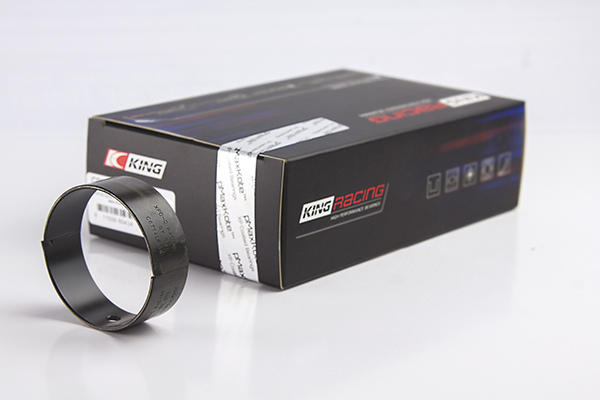
In the past few years, King moved from tactic, short-term planning to strategic planning. I believe in our product and one of the changes I led is helping the industry understand the benefits and innovation of our products through marketing and brand awareness actions.
Q: Outside of COVID-19, what have been other industry challenges facing the company? How have you dealt with them or overcome them?
A: One of our main challenges is being the first and being innovative in the engine bearings industry. We want to be the first to introduce bearings for new engines, the first to come up with new designs or new materials. Being the first means educating customers on something new. When we started here in the U.S., we were facing loyal customers of other brands. It was a huge challenge to convince them to try our bearings. We got a lot of refusals at the beginning, but we realized that once we put got our foot in the door, customers loved the product and continued to order.
Q: In that regard, King has made a big leap amongst other engine bearing brands in the industry in recent years. What do you contribute that success to?
A: It’s not a big secret we entered the U.S. as underdogs. Nobody knew who King was. We had to work harder than other brands and that’s exactly what we did. Back in the ‘90s, when everyone else used tri-metal bearings in drag racing and failed, we came up with a bi-metal solution and succeeded. In 2013, while others offered a simple tri-metal race bearing, we added great, new geometric features to our pMaxBlack products that actually make a difference in performance, like the U-Groove and Eliptix, both allow more load. We came up with a better product than what the industry had at the time. I think customers appreciate a company that always looks to improve its product for the benefit of the user.
Innovation comes in all aspects. A good example is our racing product packaging. We were the first to come up with the new upgraded plastic tray packing to improve storage life and customers’ ease of use. This was a move that set a new standard in the industry and is now being followed by other brands.
Q: What engine markets and engine platforms is King focused on for growth?
A: Currently we are focusing on specific, high-performance segments that have no solution available. We have just introduced new bearings for the Hayabusa, Suzuki 1000 and others. We worked closely with powersport rebuilders worldwide who were using OEM bearings, which were not strong enough for race requirements.
We also introduced a new bearing material for Top Fuel and Pro Mod racing. These new bearings are designed with stronger steel used in our aviation bearings, along with a new polymer coating needed to preserve the engine components under the extreme heat and pressure conditions. I think our advantage is we’re not concerned about specializing in small markets, even if it requires more R&D resources, and we have done so.
Q: What specific technologies is King leaning on in its newest bearing lines?
A: I will put it in two words – polymer coating. In the past few years, we have tested many types of polymer-based material compositions. It took us a few years of laboratory tests and on-track tests to introduce our pMaxKote material to the high-performance market.
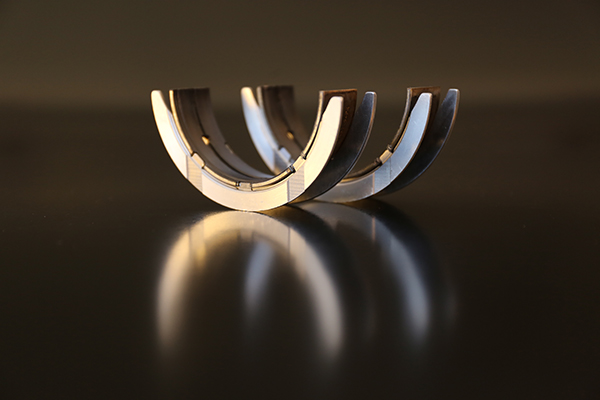
We were looking for a superior material that is part of the metal structure of the bearing and not just a traditional coating sacrificial layer that is applied by a third party.
Part of its manufacturing advantage is being more environmentally friendly and efficient to produce. We enriched the material with additives that keep the coating on even after a full race season.
It’s true that there were other coating solutions available in the market when we introduced the pMaxKote. However, most of them weren’t designed as part of the product with the original product wall thickness and with composition that serves as a long-lasting protection layer of the bearing itself and the other engine components surrounding it.
Up until now, polymer was positioned as a premium product. Our target is to make it more accessible. More and more builders are acknowledging the huge advantages and how imperative the polymer coating is. I predict that in two years, polymer will be the new standard in the high-performance industry. Customers will not think twice and will put only polymer-coated bearings in their engines.
We also developed a polymer coating version for the OE replacement market and it is already in use by Jasper and other leading customers.
Q: King is a global company in terms of how it operates and where it sends its products. Can you explain a bit of the King global footprint?
A: King is an Israeli company. Israel is considered a “high-tech nation” and we are glad to be part of it in the automotive industry, even in such a small component as the bearing.
The R&D, production and engineering is done in Israel, and in the past two years, part of the production is done also in Serbia (pin bushings, valve seats and more).
We are active in five continents (West Europe, CIS, South Africa, Australia, the Americas, and the Middle East. We don’t have much activity in Asia and China which are more price-oriented areas.
Q: What excites you about bearings and the engine industry moving forward?
A: We are celebrating 60 years this year. We may be getting older, but we feel young and restless because of this industry. Engines are always evolving and we are facing new challenges all the time.
We miss a lot of the close contact with the industry and are anxious to get back to meet our customers and hang out at race events and trade shows. We are hoping that this pandemic will end soon and we wish good health to everyone in our community. EB

